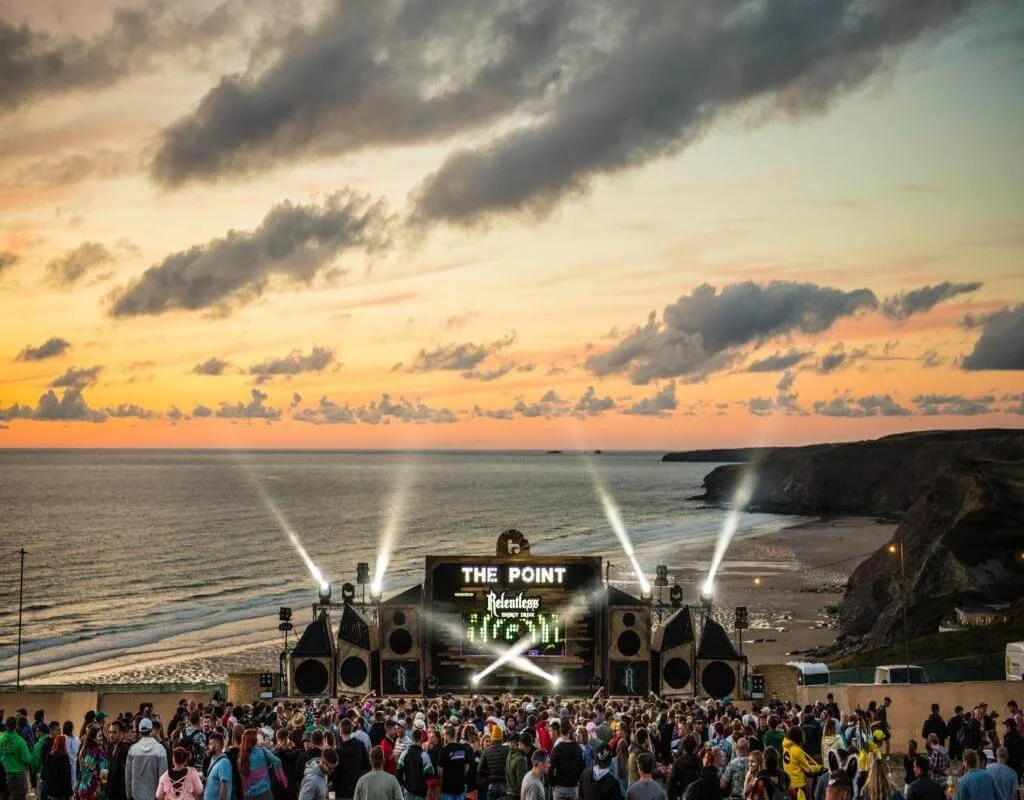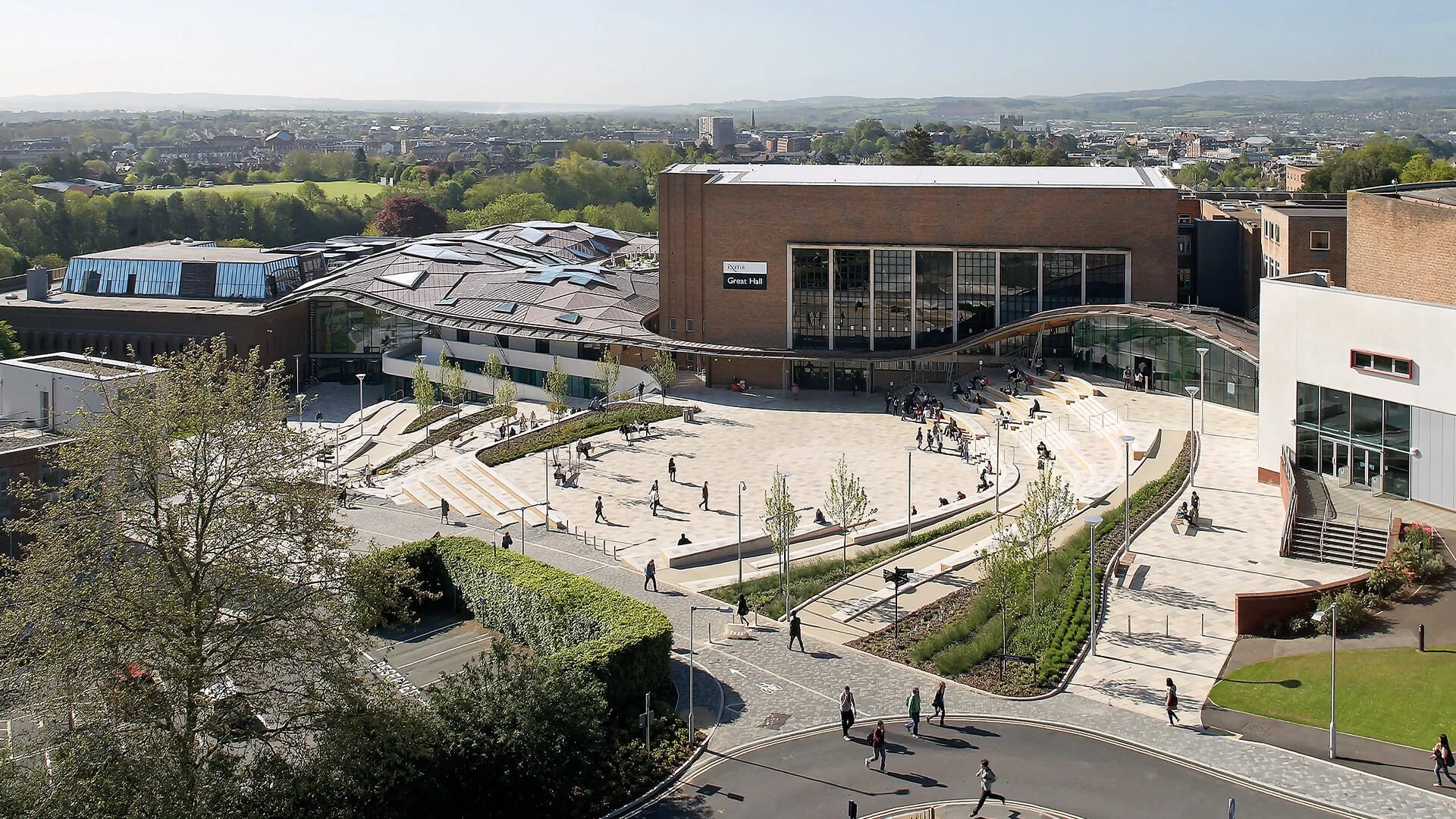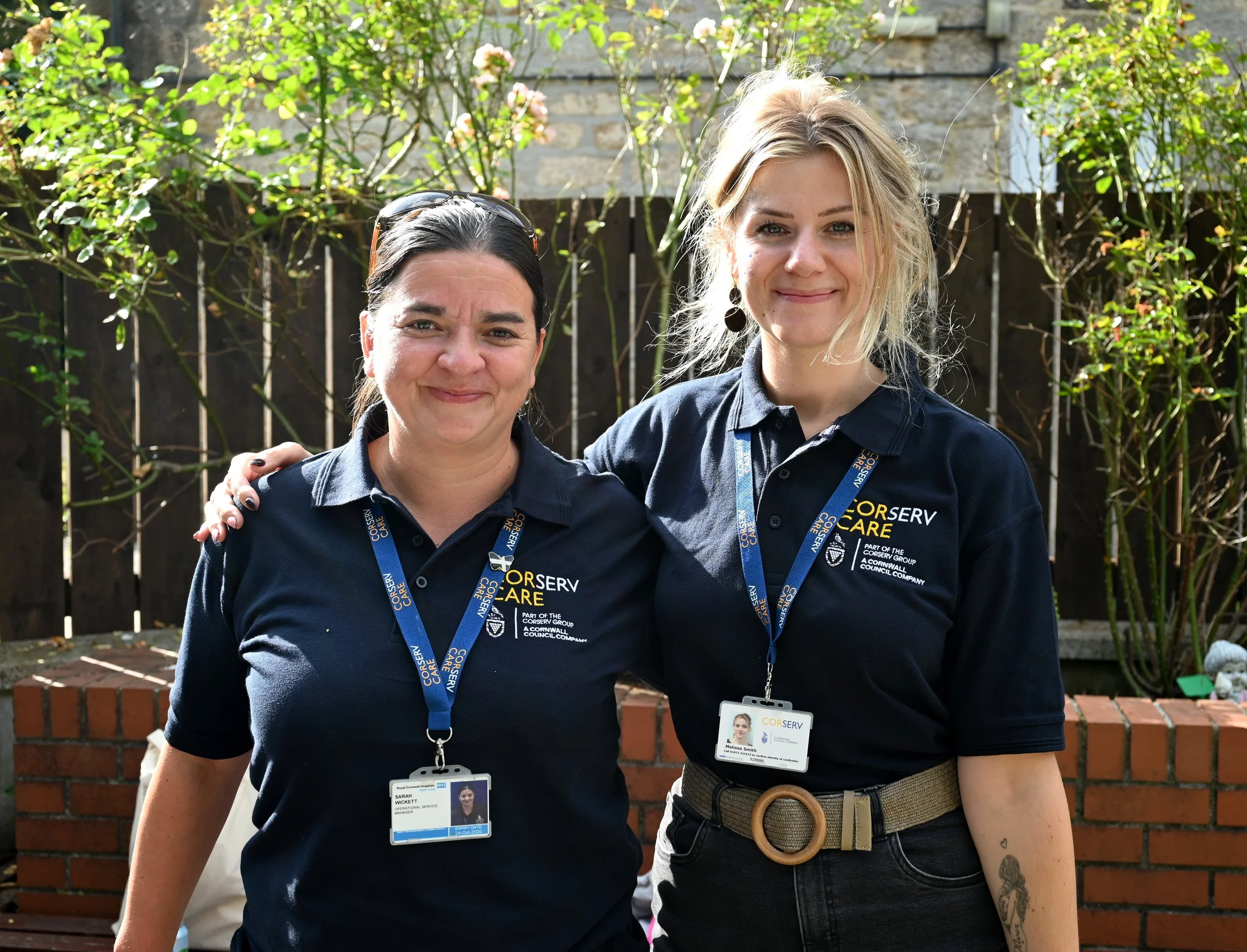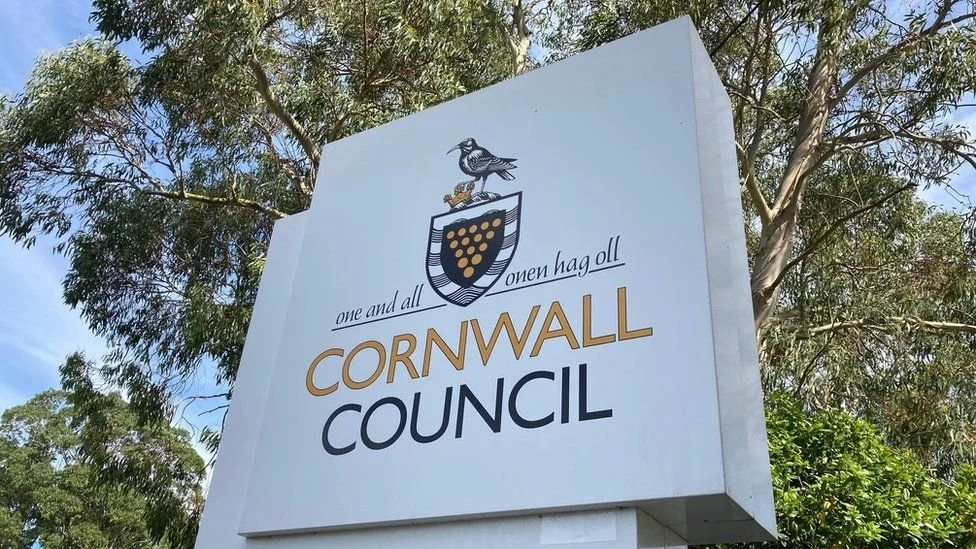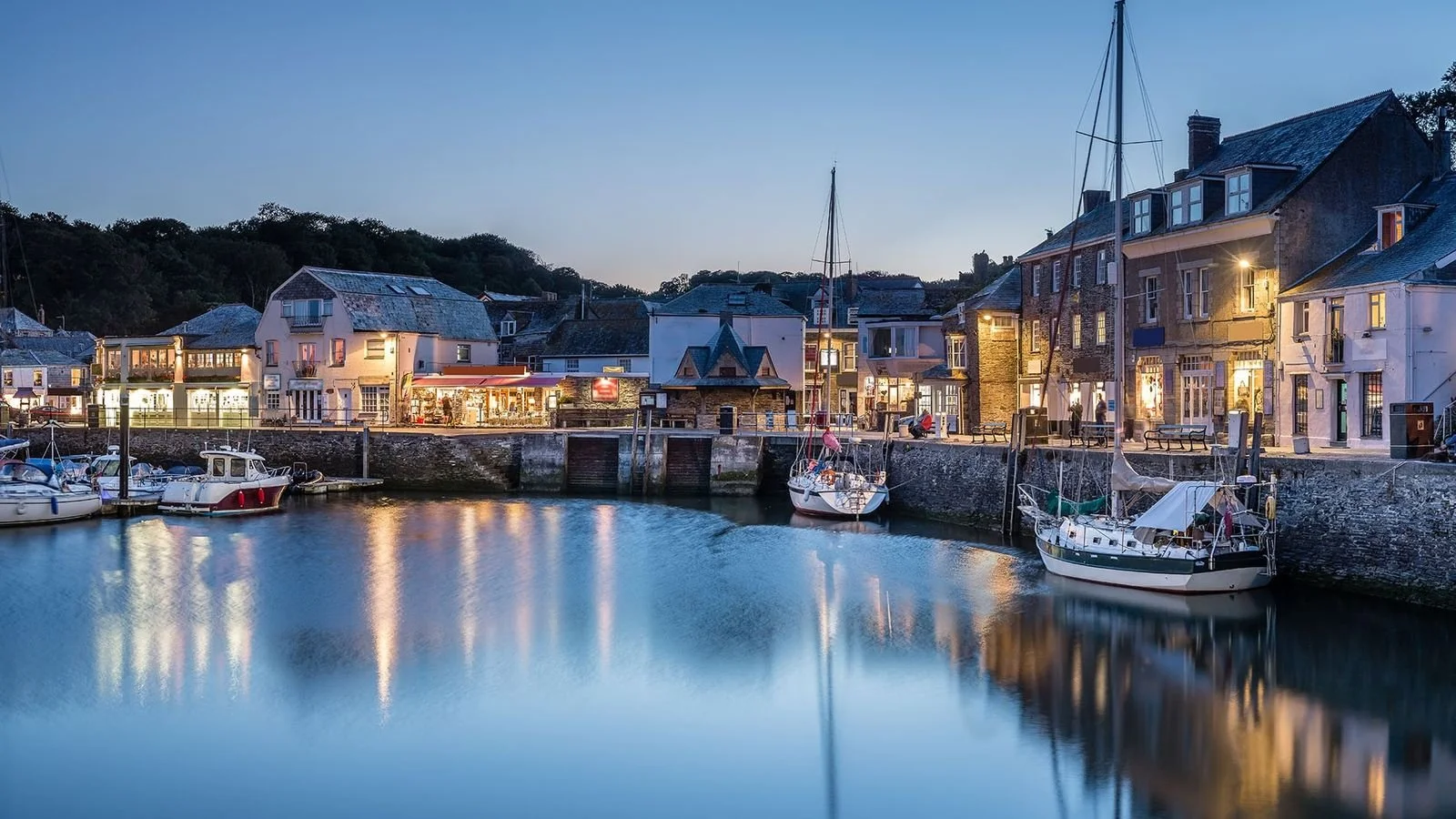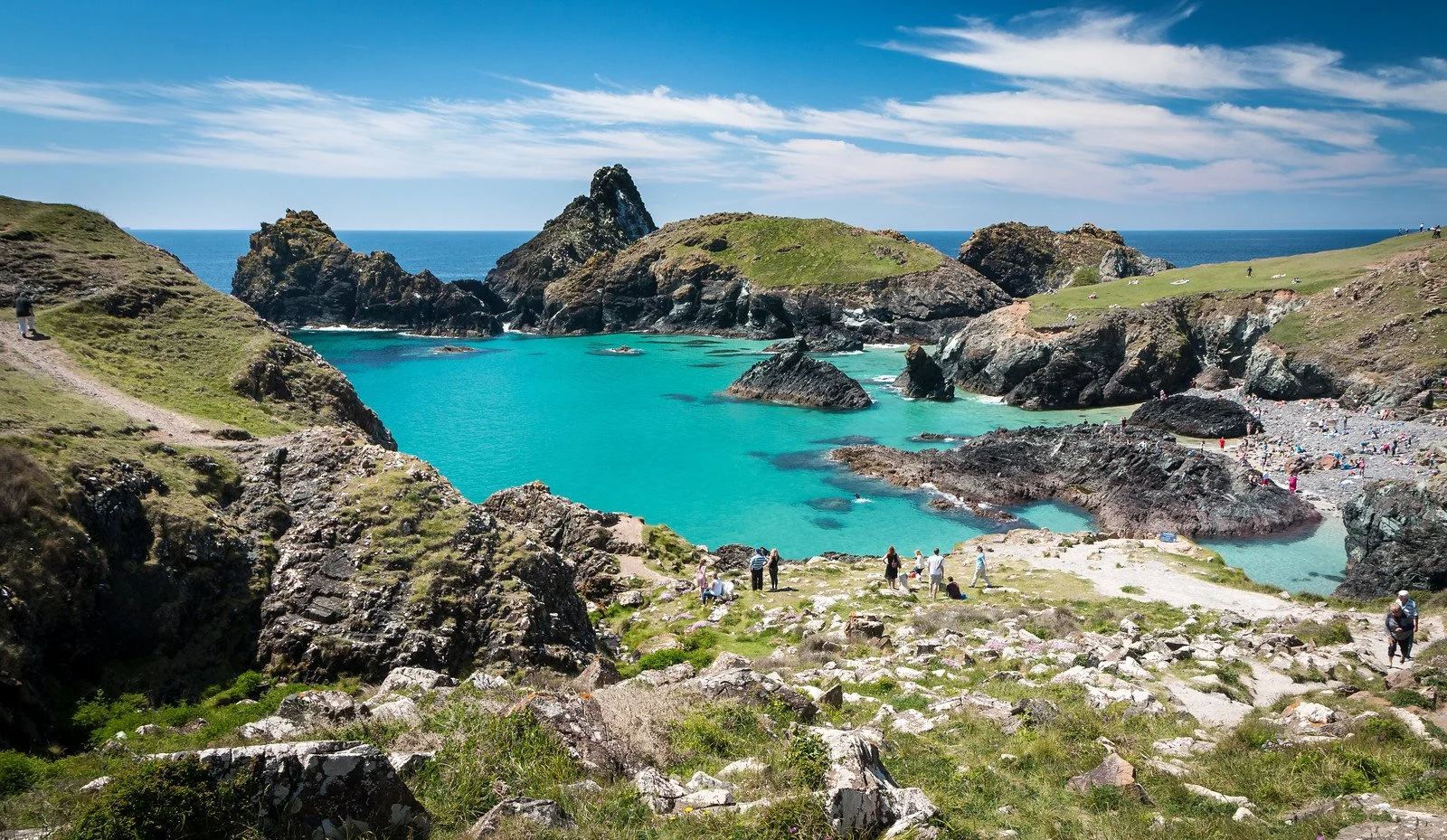
It’s an incredibly exciting time to be in Cornwall. We have one of the fastest-growing tech sectors in the country, where broadband speeds are faster than central London and where entrepreneurial start-ups are developing at a faster rate than almost anywhere else.
Our values guide the way we work with our business partners, within our communities and with each other.
Collaborative - we work with and support each other to serve our communities.
Committed - we are unwaveringly dedicated to being the best at everything we do.
Trusted - we are open and honest and do what we say we’ll do.
Inclusive - we are considerate and respectful of our people and the communities/environment we work in.
Cornwall Council is an ambitious unitary authority and Corserv’s main shareholder. The council was created on 1st April 2009 by merging Cornwall County Council and the six boroughs and district councils in Cornwall - Caradon, Carrick, Kerrier, North Cornwall, Restormel and Penwith.
This feeds into our own overarching mission of:
Working together to improve the lives of people in our communities.
This emphasises the work we are already doing on becoming carbon neutral and on tackling the inequalities that exist in our society, so that everyone can live a good life in Cornwall.
Underpinning the mission are our six strategic goals:
Safety: To prevent harm to people and the environment.
People: To attract, retain and develop our colleagues to reach their full potential.
Customer: To build strong relationships and deliver valued and quality services.
Excellence: To focus on being brilliant at everything we do.
Responsible: To prioritise working ethically, sustainably and authentically.
Value: To ensure all that we do creates a lasting impact.
Our Vision is to be the leading provider of integrated services, for those living, working and travelling in our community, fostering growth, wellbeing and connectivity.
Cornwall is the landing point for twenty-two of the world’s fastest high-speed undersea and transatlantic fibre optic cables, making Cornwall an important hub within Europe’s Internet infrastructure. Superfast broadband means 95% of Cornish houses and businesses are connected to a fibre-based broadband network, with over 90% of properties able to connect with speeds above 24Mbit/s.
We have the mildest and sunniest climate in the United Kingdom, and we are well known for a thriving cultural scene from the Tate Gallery in St. Ives to the Newlyn School of Art and the Barbara Hepworth Museum and Sculpture Garden. We have world-class attractions such as the Eden Project, the Minack Theatre, and Tintagel and renowned festivals such as Boardmasters, the Eden Sessions and Tunes in the Dunes.
We have high-quality schools with a rich range of extra-curricular options. Our children and family services are rated in the top 25% of children’s services in the country by Ofsted. Six universities and colleges offer higher education at 13 campuses around Cornwall.
We are also a safe and friendly place - crime rates in Cornwall are among the lowest in the UK.
Population
Cornwall (Cornish: Kernow) has a population of more than 550,000 and covers an area of 3,563 km2 (1,376 sq mi). Cornwall has a distinct cultural identity that reflects its unique history and is recognised as one of the Celtic nations. It was formerly a Brythonic kingdom and subsequently a royal duchy.
Cornwall has a relatively high retired population, with 22.9% of pensionable age, compared with 20.3% for the United Kingdom as a whole.
In 2014, Cornish people were granted minority status under the European Framework Convention for the Protection of National Minorities, giving Cornish people recognition as a distinct ethnic group.
The Council has a workforce of around 5,000 and is the biggest employer in Cornwall. The Chief Executive and Strategic Directors form the Council’s management team which leads the work that provides services across Cornwall.
Having a single council gives Cornwall a strong and united voice when dealing with the national government, regional agencies and partner organisations. This meant that Cornwall was the first rural authority to agree on a Devolution Deal with the Government. The Cornwall Devolution Deal outlines the powers that will be devolved to Cornwall for transport, energy, health and social care and heritage.
It does not mean that it’s a case of ‘one size fits all’. Different towns and villages in Cornwall have different priorities. We respond to those local needs through 19 community network areas focused around Bodmin, Bude, Callington, Camborne and Redruth, Camelford, China Clay area, Falmouth and Penryn, Hayle and St Ives, Helston and the Lizard, Launceston, Liskeard and Looe, Newquay and St Columb, Penzance, Saltash and Torpoint, St Agnes and Perranporth, St Austell, St Blazey and Fowey and Lostwithiel, Truro and Roseland, Wadebridge and Padstow.




